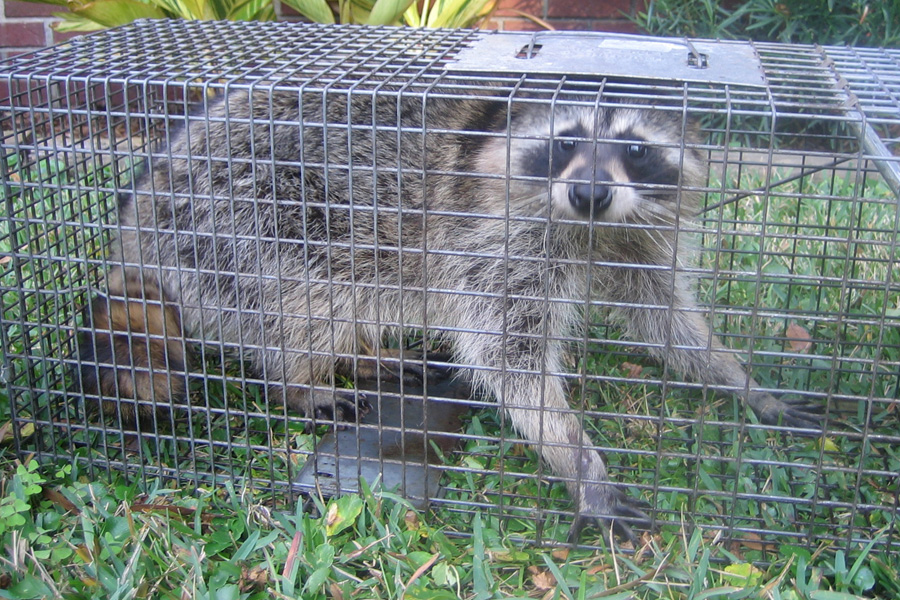What Could Possibly Go Wrong?
While it’s understandable that a homeowner would be anxious to send the raccoon family that has taken up residents packing, it is best to call in the professionals for raccoon removal in Montreal, rather than doing the job yourself. Without the right kind of training, you run the risk of getting injured in the process of catching a disease. Each intruder is a potential carrier of diseases that can be transmitted to people.Diseases Common Wildlife Transmit
Bats, skunks, raccoons and squirrels are all examples of animals that homeowners try to trap themselves. Of those, only squirrels do not carry rabies. While most people associate bats with this deadly disease, they don’t always realize that they are equally at risk for getting the disease from raccoons and skunks. Though we associate rabies with symptoms such as foaming at the mouth, erratic behaviour, confusion and lethargy, wildlife doesn’t always appear sick. They can be contagious before they show signs of illness. There are other disease risks from these critters as well, including:- Bats: These flying mammals make good hosts for viruses. In recent years, several viruses seem to have made the jump from bats to humans, including SARS, SARS-CoV2, Ebola and Marburg.
- Raccoons: Raccoon droppings carry numerous pathogens. If you come into contact with raccoon feces during trapping, you are at risk for roundworm, salmonella and leptospirosis.
- Skunks: Though skunks are not related to raccoons, they do share diseases in common. All of the pathogens listed for raccoons are found in skunks as well.
- Squirrels: These little guys are the only ones we’ve identified that don’t carry rabies, but that doesn’t mean they are safe to handle! They can carry leptospirosis, tularemia and pestis (which causes the Bubonic plague).



